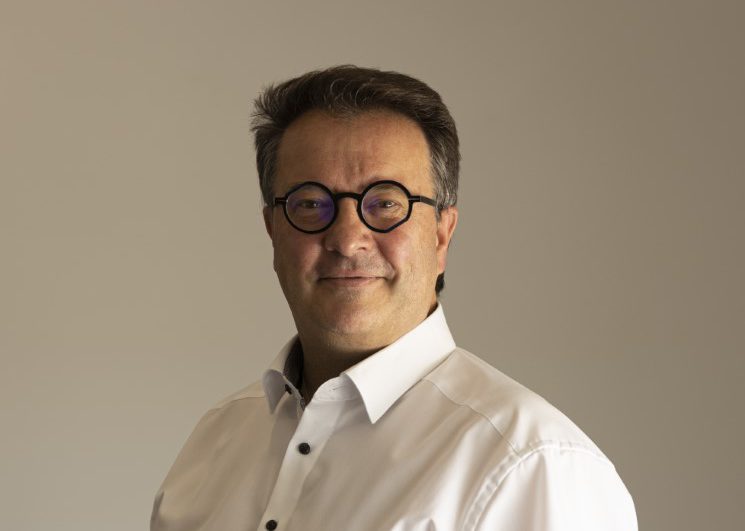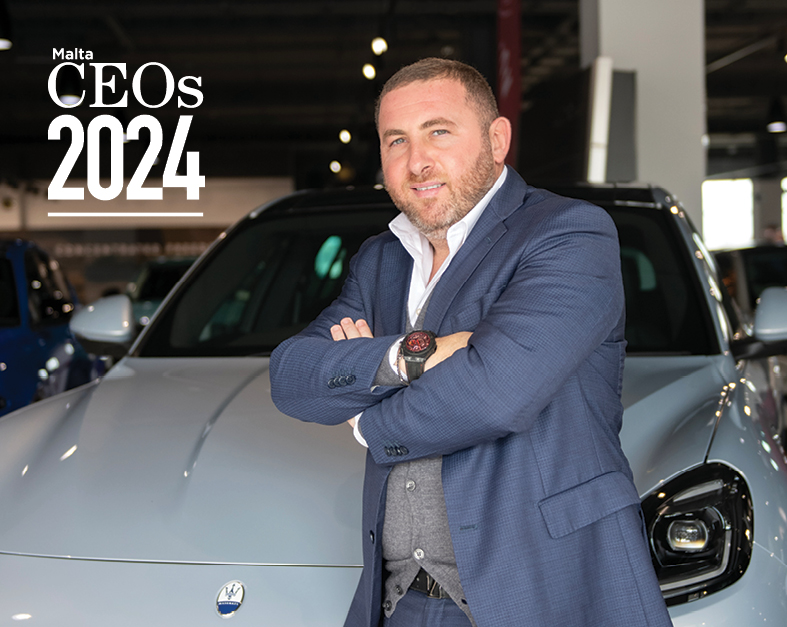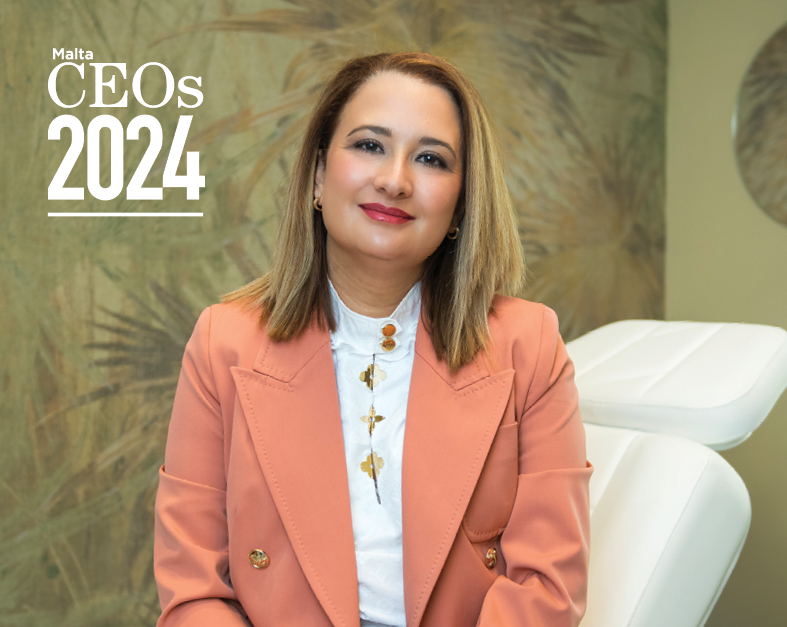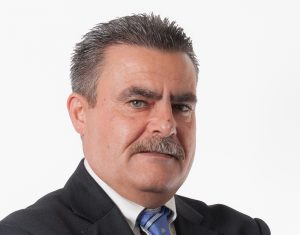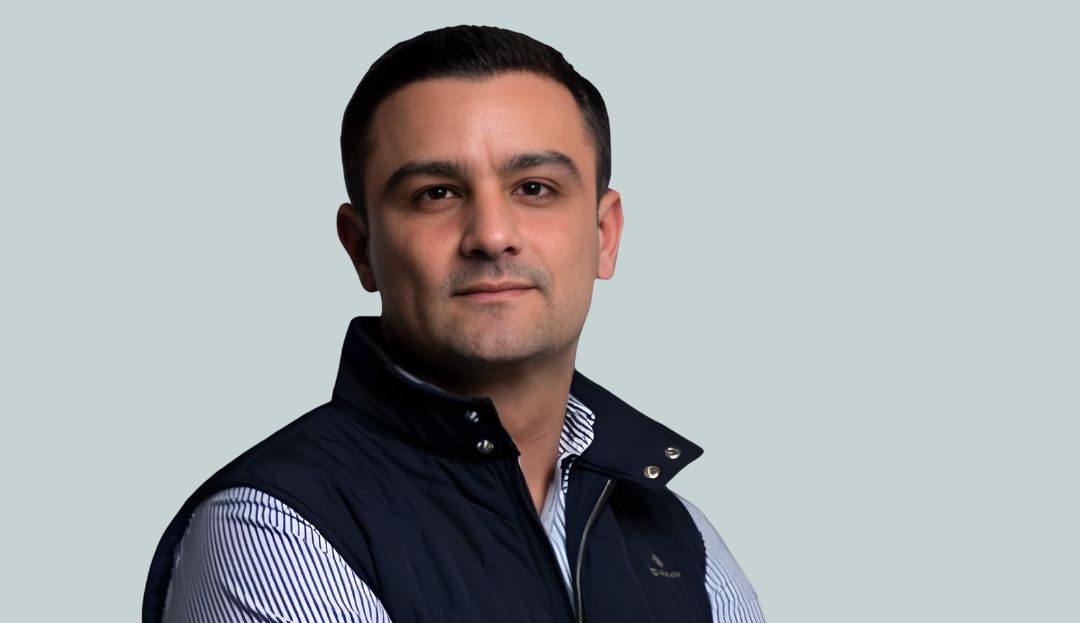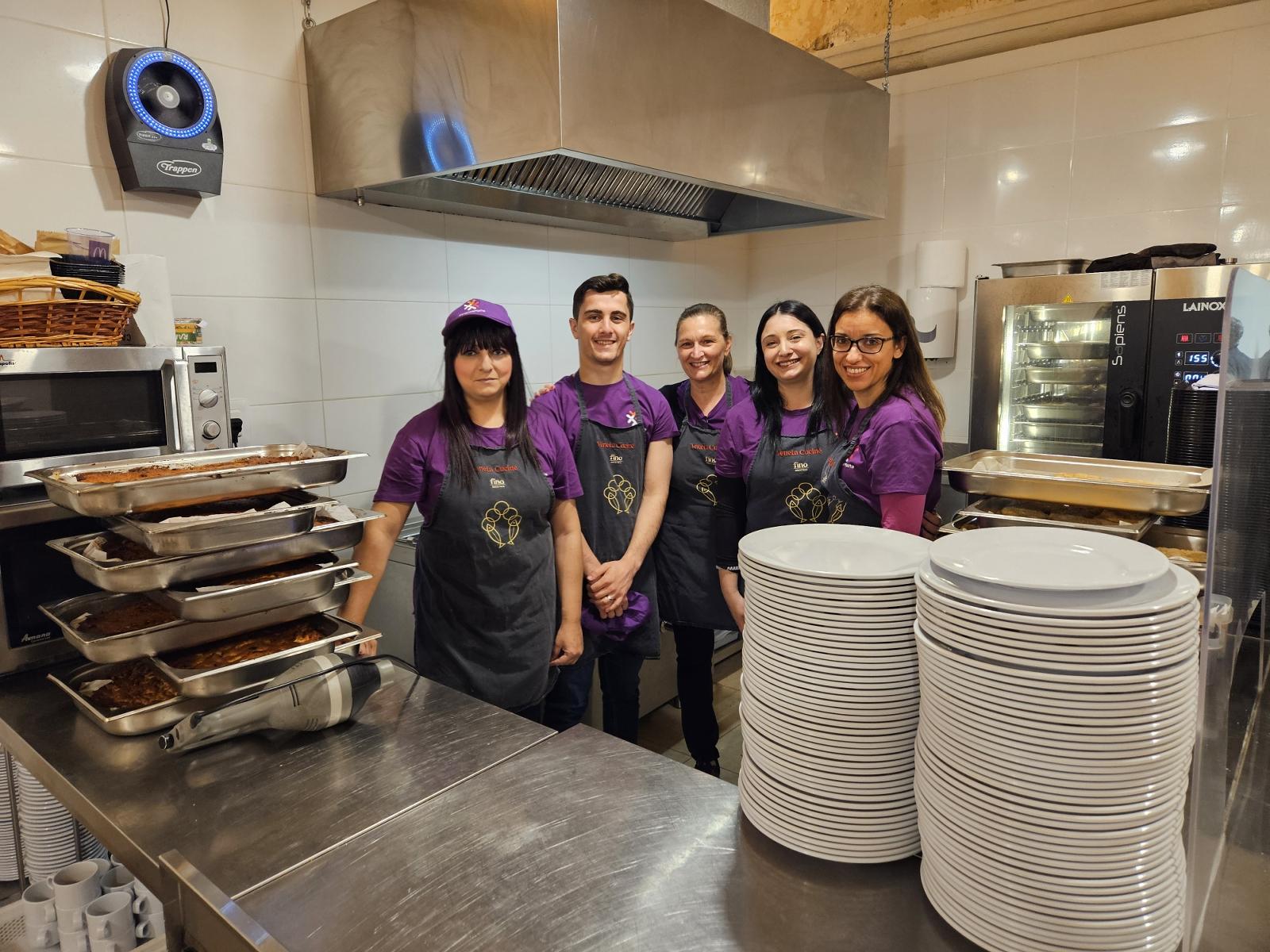Raf Augustinus, Director at Avenue 77, lives in Belgium but works from various places in Europe.
“I often visit start-up companies in business centres, and I always come home with the feeling that these start-ups work in nicer offices that I do,” Mr Augustinus tells MaltaCEOs.mt.
That’s why, when his shareholders (the Founders of the alterDomus group) agreed on a mixed real-estate development project in Malta, it was obvious that Avenue 77 would become the kind of place everybody would love to work in.
But what makes such business centres different from your average office environment?
“First,” says Mr Augustinus, “it’s the different way of welcoming employees and guests. It’s all about hospitality, rather than security. You notice that the reception staff have a genuine interest in what is happening in the office, and they are there to help.”
“Secondly, a lot of effort is spent on employee wellbeing and community management. For the young millennials and generation Z, the entertainment factor of an office is very important. Young employees come to the office to meet people and have access to various services,” the Avenue 77 Director continues.
Mr Augustinus adds that technology is the third key differentiator in a modern office.
“At home we use our phone to communicate but also to order food, to control light and media, to book a weekend or to get informed on day-to-day matters. Why should this be different in the office? Finally, and luckily, young people are more concerned about the environment in their workspace,” Mr Augustinus says.
“It may be difficult to imagine it yet in Malta, but in many cities alternative ways of transport became mainstream. A modern office should provide car sharing solutions as well as e-bikes and e-scooters for short distances. In addition, offices that lack good ventilation and air quality will have difficulties in attracting the right people. Hence the need for a BREEAM certificate. This helped us question everything we do,” he continues.
Despite said ambitions, projects in Malta’s Central Business District are currently facing a challenge…
“Currently, it is impossible for us to get a permit to integrate serviced apartments or a hotel service in Avenue 77,” Mr Augustinus notes.
“The area is designated for offices and the Maltese government does not see the need to develop a business district where residential and commercial real estate go hand-in-hand – something we do see happening in other cities. Office buildings are redeveloped into mixed complexes combining, living, working, and pleasure in one place, making the most optimal use of space,” he adds.
Looking to the future, Mr Augustinus considers the shift towards real estate as a service as the most important evolution in the commercial real estate market.
Tenants are demanding greater flexibility and shorter contracts to meet their fast-changing needs, often combined with a desire for a higher level of amenity, service, health and wellbeing and digital connectivity. This shift towards more customer-centric services and leases comes through strongly in the ‘Emerging Trends in Real Estate’ report of PwC and the Urban Land Institute.
A remarkable 89% of respondents believe that real estate as a service and changing customer demands are influencing organisation transformation in our industry, with one of the consultants even saying that “the DNA of real estate is changing dramatically.”
As Founders of alterDomus and past-employees of a ‘Big Four’ accounting firm, the team behind Avenue 77 understands exceptionally well the DNA of a service company – hence why it chose to operate the Avenue 77 business centre itself.
The Avenue 77 team knows what it means when tenants require more amenities and services, expect technology solutions, or put ESG on the agenda. It recruits people from the hospitality sector, as they have it in their DNA to put the customer first.
Traditional offices are no longer appealing to tenants with such changing expectations. COVID-19 has even strengthened the demand for a more integrated office experience. Homeworking will not disappear. However, to improve teamwork and develop a company culture it is important that employees want to work from the office as well.
That will happen more easily when employees find readily available tasty yet healthy options for lunch, they can go to the gym during their break, or meet with colleagues and friends to celebrate a birthday during or after work hours.
Elsewhere, real estate developers are adapting hotel concepts in an office environment.
This ‘hotelification’ trend is related to the community-aspect of real estate as a service. Trendy hotels create lobbies that become places to meet people, with a cosy bar or a strong food concept, they not only attract hotel guests and tourists, but also neighbour residents and people having an office in the area. Such a concept is set to work well in a business centre such as Avenue 77.
“With a classic empty and large income lobby and a desk for an unwelcoming security person, you do not attract tenants anymore”, concludes Mr Augustinus.
COO Glenn Debattista warns Malta not to be over-reliant on iGaming industry
There are approximately 12,000 people employed in the iGaming industry, equivalent to 5.3% of Malta’s total workforce.
How local conglomerates are beating the national productivity slump
It's all about refining processes, training workers and upgrading tech
Luke Attard-Montalto joins AIMS International Malta as Associate Director
He is a seasoned recruitment and HR industry professional, having previously worked at a number of different local firms.
FinanceMalta supports Valletta Soup Kitchen through in-kind donations and volunteering
‘We firmly believe in the importance of giving back to the community,’ shares FinanceMalta Chairman George Vella.


